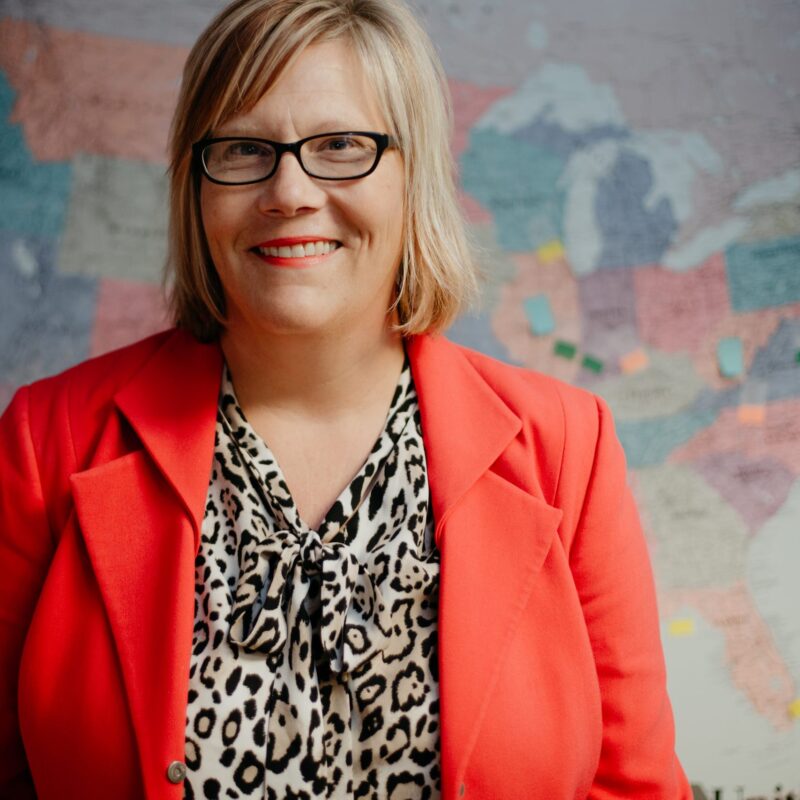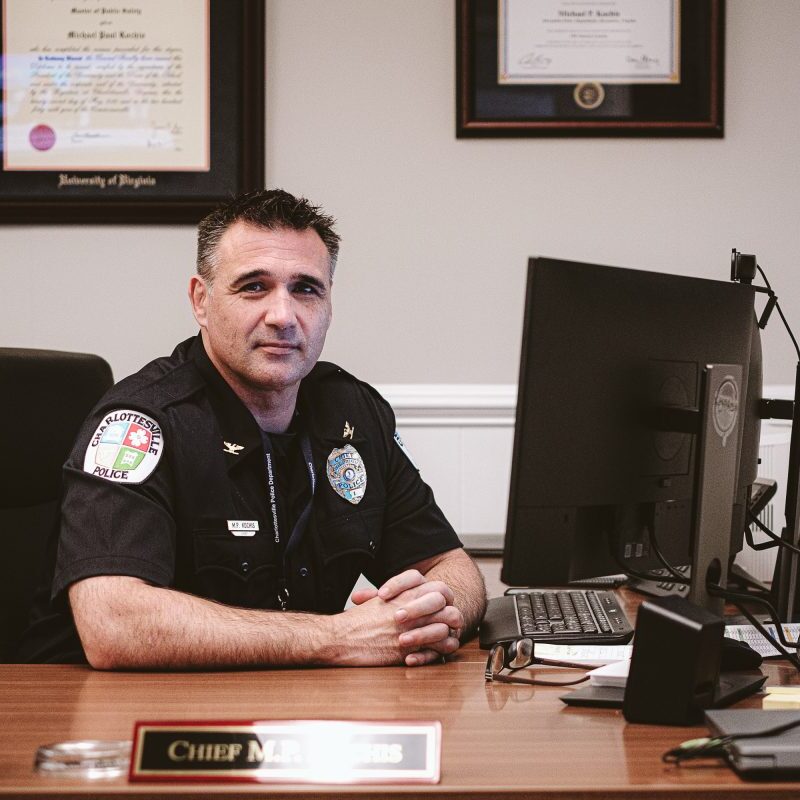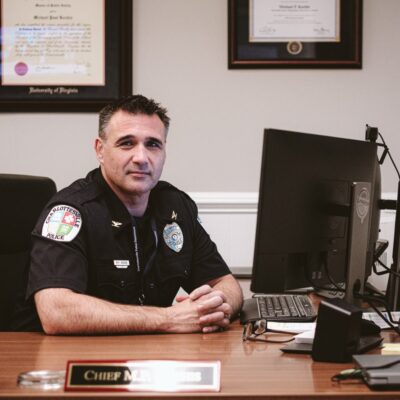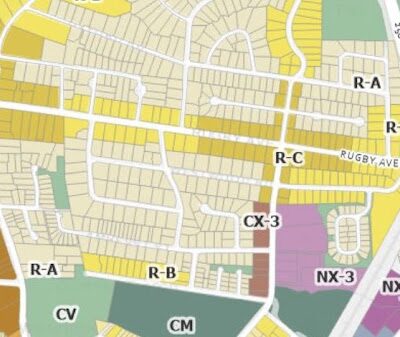If majority rules, then which majority will decide the fate of the Western Bypass? The $200 million-plus roadway was conceived decades ago and shelved in 2002, but was recently revived by Virginia Department of Transportation (VDOT) officials and four Albemarle County supervisors, and awaits a vote from the Charlottesville-Albemarle Metropolitan Planning Organization (CAMPO) that will allow the state to fund the project along with designated local transportation priorities.
“We worked hard to get this thing to a point where we get what we want in the county, the state gets what they want, and the city gets their projects moved up,” says Albemarle County Supervisor Rodney Thomas. Of course, as any minority opposition or Rolling Stone knows, you can’t always get what you want.
At a pair of public hearings last week, bypass supporters were outnumbered by opponents, who criticized the proposed road for its $200 million-plus price tag, its potential impact on natural resources including the South Fork Rivanna Reservoir, and the late-night June vote that put a majority of supervisors in favor of the project.
“I suspect there’s been a deal,” said county resident and novelist John Grisham, who described the 6.2-mile bypass as “$40 million a mile.” Grisham voiced a suspicion that Albemarle neighbors like Danville and Lynchburg, who support the project, have a “strong voice in our government.”
Rex Hammond, president of the Lynchburg Chamber of Commerce, rebutted that bypass supporters might be in the minority at the Albemarle County Office Building, “but along the corridor, there is overwhelming support to build the bypass.”
“U.S. 29 is our economic lifeline,” said Hammond. “U.S. 29 is our interstate highway.”
Laurie Moran, president of the Danville Pittsylvania Regional Chamber of Commerce, told C-VILLE in 2008 that the bypass was her chamber’s “No. 1 priority,” and later asked that VDOT revisit its Route 29 Corridor Study, conducted in 2009, to evaluate the project. The study, requested by the Commonwealth Transportation Bureau, mentions the acquisition of right-of-way for “the potential building of a bypass around Charlottesville.”
However, concludes the study, “because consensus cannot be reached about the alignment of this envisioned bypass, the right-of-way must be sold if not used for transportation purposes by January 1, 2012.”
Groups like the Southern Environmental Law Center (SELC) contested that previous VDOT reports showed the Western Bypass to be an ineffective solution to Route 29 traffic.
“We are dismayed that a majority of the board seems intent on negotiating a deal with the state to build the quarter-billion-dollar 29 bypass,” said Morgan Butler, a senior attorney with SELC, in a statement. “If the state is serious about investing large sums of money into Route 29, we owe it to ourselves and our taxpaying neighbors in other parts of the state to make sure that money is spent on effective projects.”
A 1990 study said the road would reduce roughly 18 percent of “bad case” traffic between Rio and Hydraulic roads—approximately 10,900 vehicles per day, of an average 50,700. However, those numbers are from data circa 1987, prior to the construction of 29N destinations like Hollymead Town Center, and some residents believe that the local traffic problem has intensified over time, while a bypass would only alleviate through-traffic issues. A 1997 traffic study put the number of vehicles potentially served by the bypass at 24,000 per day, with up to roughly 70,000 still on Route 29.
Since 2002, language in the CAMPO’s Transportation Improvement Plan states that the Western Bypass “as designed does not meet community or regional needs, and has been determined too costly for the transportation benefits to be gained.” The same document suggests that solutions proposed as part of Places29, the master plan for development in northern Charlottesville and Albemarle, could help alleviate traffic.
In an editorial co-authored with supervisor Duane Snow, Thomas wrote that Secretary of Transportation Sean Connaughton asked whether Albemarle could support a Western Bypass if the state funded city-county projects like Hillsdale Drive Extended, detailed in Places29. Thomas is reportedly waiting for a draft resolution from VDOT officials, but had not received one at press time.
Asked whether the public hearings changed his opinion on the Western Bypass, Thomas replies, “Nothing’s changed with me.”
“I’m not a procrastinator, I’m a do-er,” says Thomas. “And this should’ve been done 20 years ago.” Whether that sentiment is the majority opinion—in Albemarle, the Route 29 corridor and Virginia—remains to be seen.





